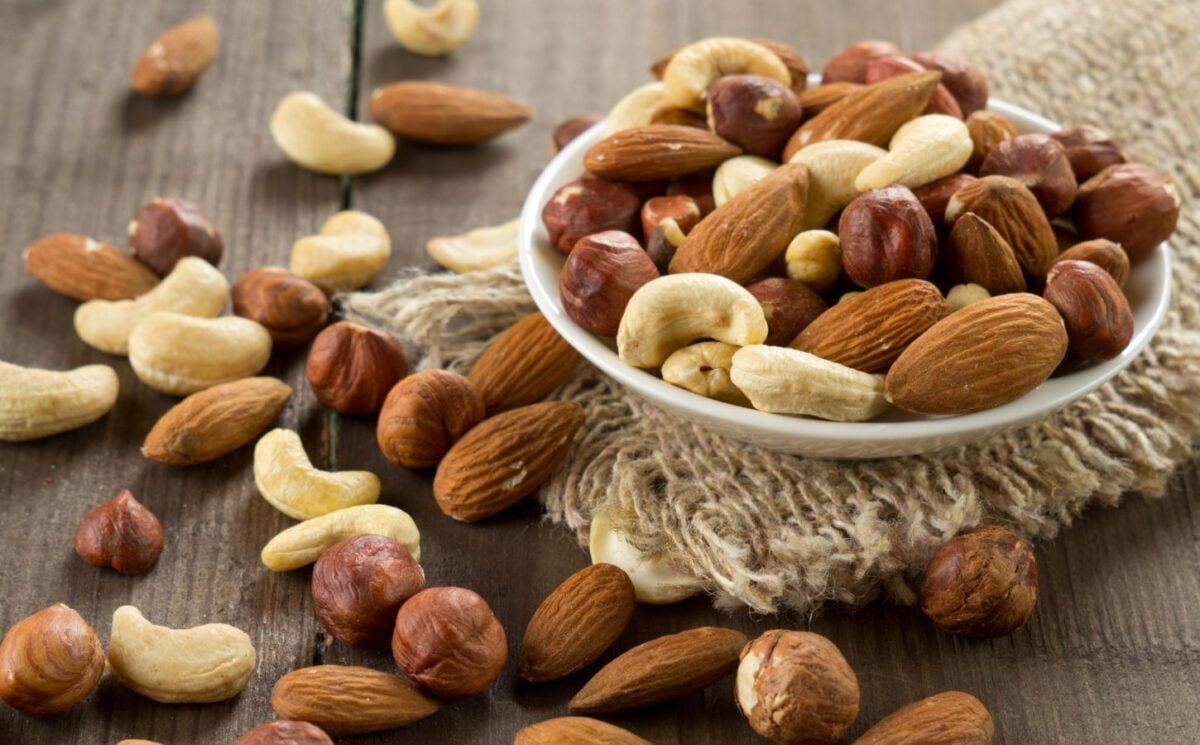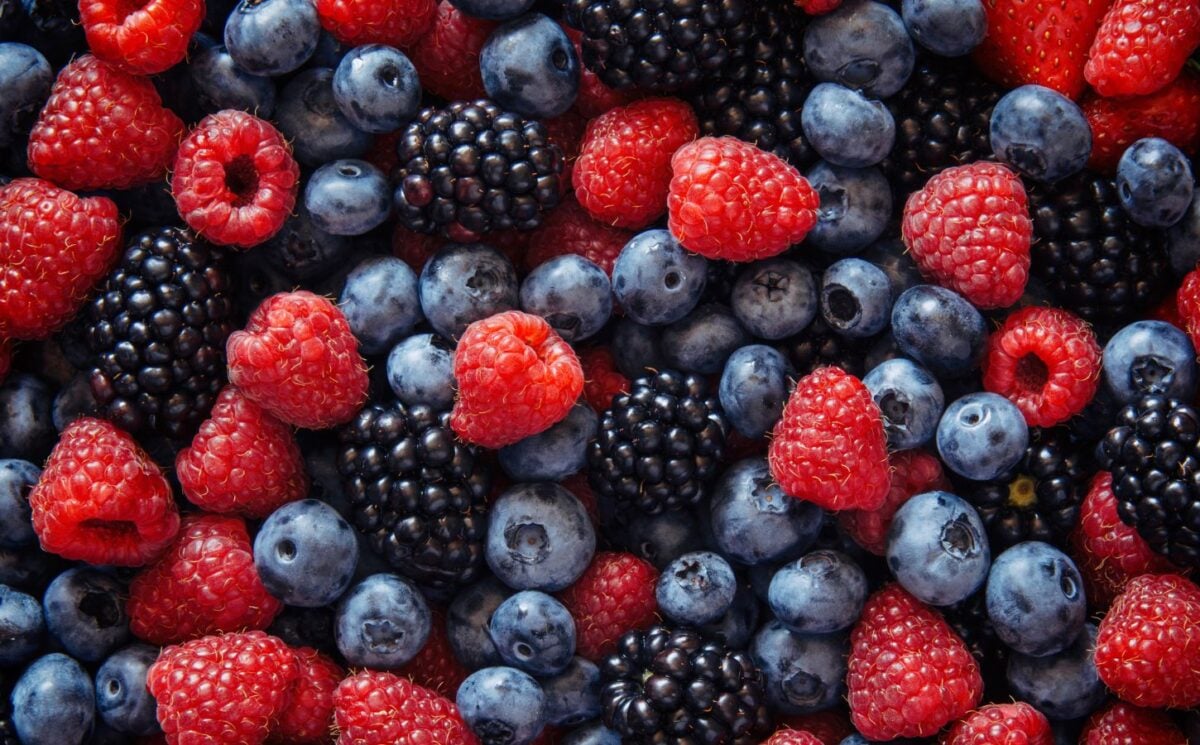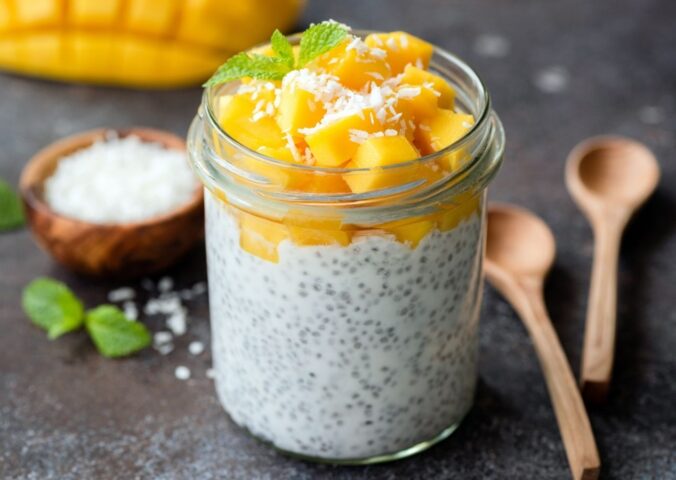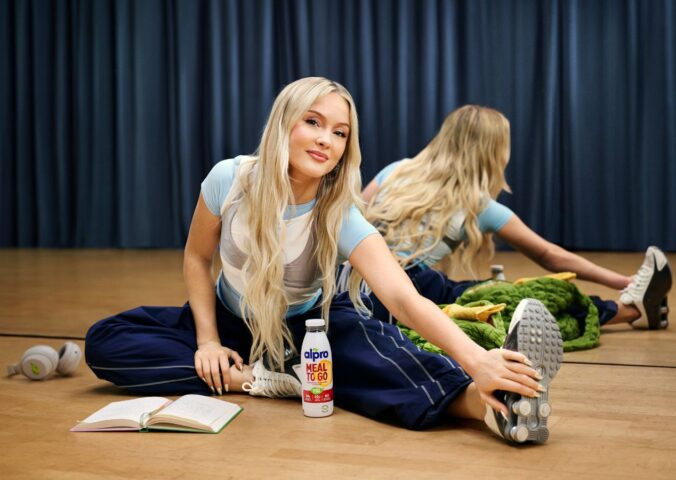When it comes to nutrition, simple habits often stick the longest. Peter, a nutrition coach and New York State certified teacher known for his YouTube channel The Plant Based Teacher, wants to show people that boosting health doesn’t have to involve expensive powders or complicated routines. Instead, he argues that consuming nutrient-dense foods as a natural form of supplements can make a huge difference to your health – if you eat them regularly.
“Part of my job is to help people come up with tips and strategies that make healthy plant-based eating feel effortless,” Peter says. In a recent video, he shares what he calls the “handful strategy.” The method centers on three nutrient-dense foods. Adding a handful of each throughout the week, he explains, can dramatically improve nutrition without overthinking.
Here’s how it works.
Read more: ‘The Foods I Eat To Get Enough Iron In My Plant-Based Diet’
Leafy greens
In Peter’s “handful” strategy, one of the top foods that work like supplements is leafy greens, particularly spinach, kale, bok choy, and dark salad mixes. These greens are all loaded with vitamins A, C, and K, as well as iron and calcium, two key minerals that many plant-based eaters pay close attention to.
Peter calls greens “an anti-inflammatory food” and notes their role in supporting overall health. He suggests sneaking them into meals by tossing them into bowls, blending them into smoothies, or even eating them as a quick snack.
“I take a small bowl full of greens, put some olive oil on top, and it’s just a nice tasty little snack,” he says. Greens, he adds, are also a much cheaper nutrition boost than pricey powders.
Nuts

The second handful goes to nuts. They bring fiber for gut health, protein for muscle recovery, and healthy fats for heart health. On top of that, they’re filling – something Peter emphasizes when it comes to avoiding less nutritious snack foods.
“Nuts are incredibly nutrition-packed,” he says. “Instead of reaching for an unhealthy snack, having that handful of nuts not only gets us the nutrition, but it fills us up.”
Peter likes keeping things simple with mixed nuts from Aldi or Costco, but also points to almonds, pistachios, and cashews as favorites. You can easily add nuts by crushing them over bowls, blending them into cashew cream for soups, or eating them plain with fruit.
Berries
The final handful belongs to berries. Blueberries, raspberries, and strawberries may be small, but they feature antioxidants, fiber, and a natural sweetness that combine to make them a smart swap for sugary treats.
“Berries are insanely nutritious,” Peter says. “They may be small, but they are nutritionally dense… Blueberries, in particular, are widely known to be one of the best recovery foods from workouts because of the high antioxidant content.”
He recommends eating them straight, blending them into smoothies, or sprinkling them over oatmeal or salad bowls. Berries also pair well with nuts, creating a balanced snack that satisfies both sweet and savory cravings.
Peter says the beauty of this handful strategy lies in how easy it is to implement. “It sounds super simple because it is,” he explains. “We don’t have to overthink this…don’t have to spend hundreds of dollars on these complex supplements. We just take the foods that are good for us and we find easy, effortless ways to get more of them into our bellies throughout the day.”
For Peter, nutrition isn’t about strict rules. It’s about filling your plate with accessible, nutrient-rich foods that crowd out the junk. With just three handfuls of whole plant-based foods per week, the foundation of that little-and-often approach can be put into practice.
For more plant-based nutrition and lifestyle information, check out The Plant Based Teacher’s YouTube Channel.
Read more: This DIY Protein Powder Is The Upgrade Your Smoothie Needs






